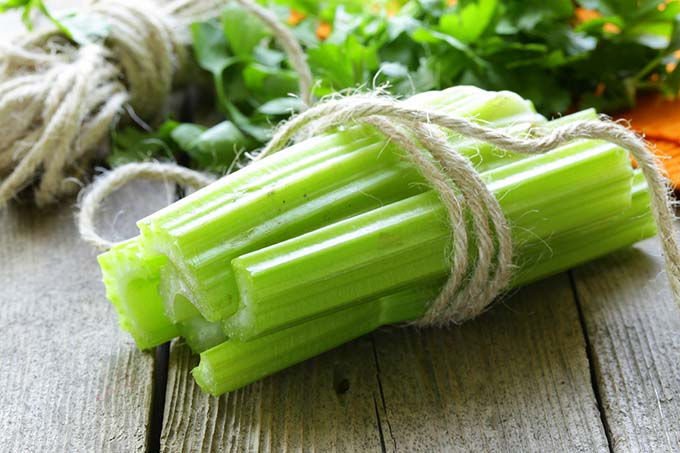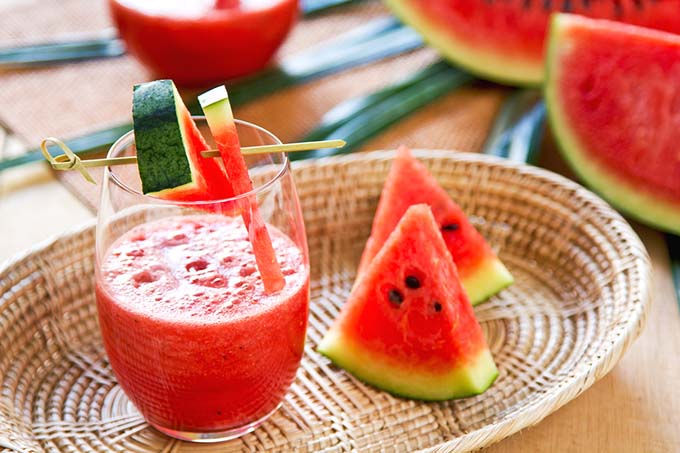7 Foods That Burn More Calories Than They Contain
- Sanya Malik
- Jan 6, 2016
- 6 min read
When it comes to losing weight it can be next to impossible to find snack foods that can help keep you on track. There are a few miracle foods however that are purported to be negative in calories.
These foods essentially contain more water than they do calories and require more calories to utilize them than they hold. Thus, making these foods essentially calorie free.
1. Celery
About 75% of a celery stick is actually water; the other 25% is fiber and other roughage.
As a result of the fact that this tasty vegetable is so full of water, it provides you with far fewer calories than it will take for your body to digest the snack.In addition to burning more calories than it contains, celery is an excellent source of fiber that can help to keep you feeling fuller for longer, reducing the urge to snack

The health benefits of celery don’t end at weight loss. Celery is full of nutrients like vitamin C, vitamin A and vitamin K.
Further, celery has anti-oxidant properties that may be able to improve cardiovascular health, reducing your chances of developing hardened arteries (and related heart problems like heart attacks and cardiovascular disease).
As a bonus, the fiber content promotes regular bowel movements as well as boosting digestive health more generally. There is even some evidence suggesting that a diet high in celery can improve the appearance of your skin.
You can enjoy celery sticks on their own, or try lightly seasoning them with salt. You can also dip celery in hot sauce to make a spicy snack, or chop it up for a salad.
2. Grapefruit
This sweet and sour fruit is essentially all water with a bit of roughage thrown in.
Much like celery, this fruit is about 60% or more water, and most of the rest of this fruit is healthy fiber that boosts digestive health and promotes feelings of fullness. The particular type of fiber that is found in grapefruit is called pectin, and it doesn’t just fill you up; it also reduces arterial hardening, helping to protect your body against heart disease.

Eating plenty of grapefruit may also help to boost your metabolism, helping your body to burn more calories at a faster rate. Grapefruit slices or grapefruit juice can also boost your energy in the morning or when you hit a slump during the work day.
In addition to being a great morning snack, grapefruit is a good choice at any time of day if you want to enjoy something sweet that is still exceptionally healthy.
For example, this fruit contains phytonutrients called limonoids, which may help to reduce your chances of developing tumors in the stomach, colon and lungs. Meanwhile, people who eat the greatest quantities of red grapefruit typically have up to 16% lower levels of LDL cholesterol (i.e. ‘bad’ cholesterol).
3. Lettuce and Leafy Greens
Once again, the main reason that lettuce and leafy greens burn more calories than they contain is that they are largely made up of water.
This time, however, the ratio is roughly 50% water to 50% fiber. As a result, leafy greens are an excellent source of energy, and definitely help to reduce the urge to eat sweet treats.
If you’re looking to improve your overall health as well as lose weight by eating foods that burn plenty of calories, leafy greens are second to none.

For example, a juicy portion of kale provides you with anti-carcinogenic nutrients called glucosinolates, which are highly effective at reducing the risk of colon cancer as well as cancers of the prostate, ovaries, breast and bladder.
Meanwhile, just a single serving of Kale contains 1327% of your recommended daily intake of vitamin K and 192% of your intake of vitamin A, both of which promote strong, healthy bones.
Spinach is just as impressive, and also provides unique benefits for dieters. One gram of spinach is packed full of more protein than a gram of steak, and protein causes your digestive system to work particularly hard. As it digests the spinach, you burn more calories than you would otherwise be using.
4. Watermelon
A popular fruit on a warm summer’s day, the crunchy watermelon is also extremely low in calories and great at helping dieters lose weight.
You can mix it with other fruits to form a refreshing fruit salad, or cut it into cubes and eat it on its own.

One reason why watermelon can help you to lose weight is that it is a very rich source of B vitamins, which increase your energy levels and reduce your need to eat extra foods (which you may be more tempted to do when you are feeling sluggish).
A watermelon contains virtually no fat and very few calories, so it’s unsurprising that it is an asset to anyone who is overweight.
Nutritionists working on the health benefits of eating watermelon also speculate that it might have the power to boost your metabolic rate to a higher level than other fruits, due to the fact that it contains so much fiber and protein.
If you need extra motivation to include more watermelon in your life, keep in mind that it is another great source of lycopene, the antioxidant that may protect the body against cancers of the womb, breast, colon and respiratory system.
5. Low Calorie Lean Meats
Unlike some of the fruits and vegetables that we have just considered, low calorie lean meats do not contain zero calories, but they are worthy of inclusion on this list because they can help to keep the body going for hours.
For example, lean meats like turkey, chicken and low fat pork are excellent sources of protein, forcing the digestive system to work hard.

As a result, they temporarily boost your metabolism, ensuring that you burn more calories even when you are at rest.
Meanwhile, these meats provide you with so much energy that you’re unlikely to feel the need to eat for several hours. So, even though lean meats certainly contain more calories than a raw carrot stick, they will provide your body with more energy than other foods and ultimately help to make sure that you burn more calories in a full day.
However, if you’re trying to shed excess fat, you need to be very careful about how you prepare your meat. In particular, you should always opt to oven-bake or grill your meat instead of frying it, and make sure that you don’t counteract the health benefits of your meal by adding a fatty sauce.
6. Yogurt
Again, yogurt is a bit higher in calories than other foods you may eat but it can help to regulate bowel movements, it promotes the maintenance and breeding of healthy cultures in the gut, and it can even help to keep your bones strong.

However, it is important to be careful when choosing a yogurt. For example, although you might think that reduced fat yogurt is the healthiest option on the market if you want to lose weight, the truth is that most manufacturers add huge amounts of sugar to these yogurts in order to improve their taste.
Meanwhile, you may find that a yogurt that is advertised as being particularly low in sugar will turn out to be packed with fat in order to create a creamy texture.
If weight loss is on your mind, try to find a yogurt that contains a healthy balance of sugar and fat (i.e. one that contains a reasonably small amount of both).
Alternatively, choose fat free yogurt that has no added sugar, and mix it with some dried fruit, nuts and cereal to create a tasty breakfast. Fat free yogurt is also an excellent addition to healthy smoothies (as a substitute for full fat milk).
7. Cucumbers
Like many of the foods that burn more calories than they contain, cucumbers are mostly made up of water.
In addition to helping you lose weight in this way, cucumber can keep you hydrated before or after a long workout at the gym.

For similar reasons, cucumber slices can be a delicious treat on a hot summer day. They taste great when dipped in reduced fat humus or sprinkled with a tasty seasoning.
Due to their high water content, many people mistakenly assume that cucumbers don’t do much else for your overall health. However, it is definitely worth noting that a diet rich in cucumbers may help to improve your resistance to disease (as long as you eat them with their skins intact).
The cucumber is one of the best vegetables when it comes to providing vitamin C, and there is plenty of evidence suggesting that a high intake of vitamin C is linked to an improved ability to resist invasion by bacteria and viruses.
Further, eating plenty of cucumbers could end up reducing excessively high levels of inflammation in your body, as cucumbers contain enzymes that have an anti-inflammatory influence similar to non-steroidal anti-inflammatory drugs (like ibuprofen).
Credits: http://www.foodiejunky.com/












Comments